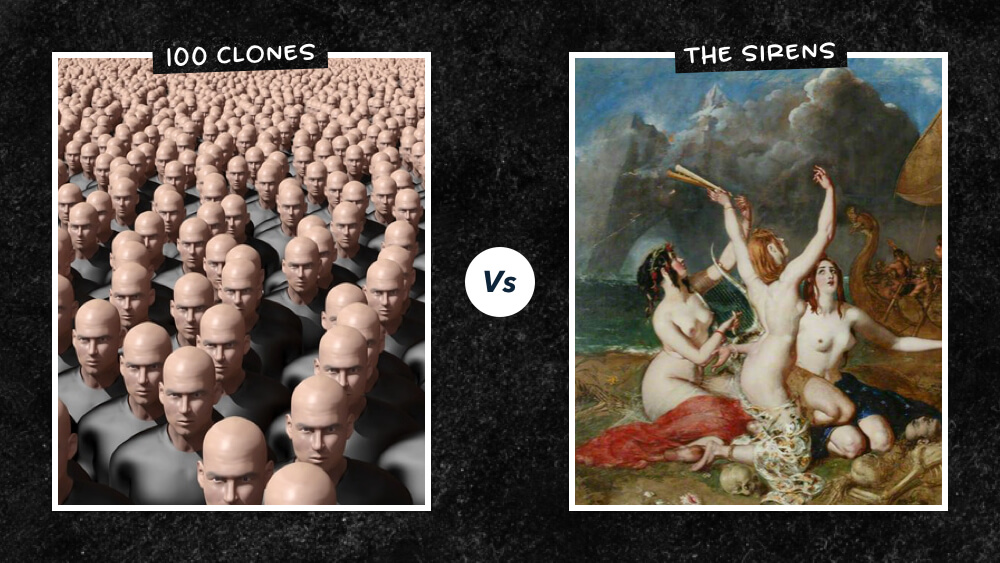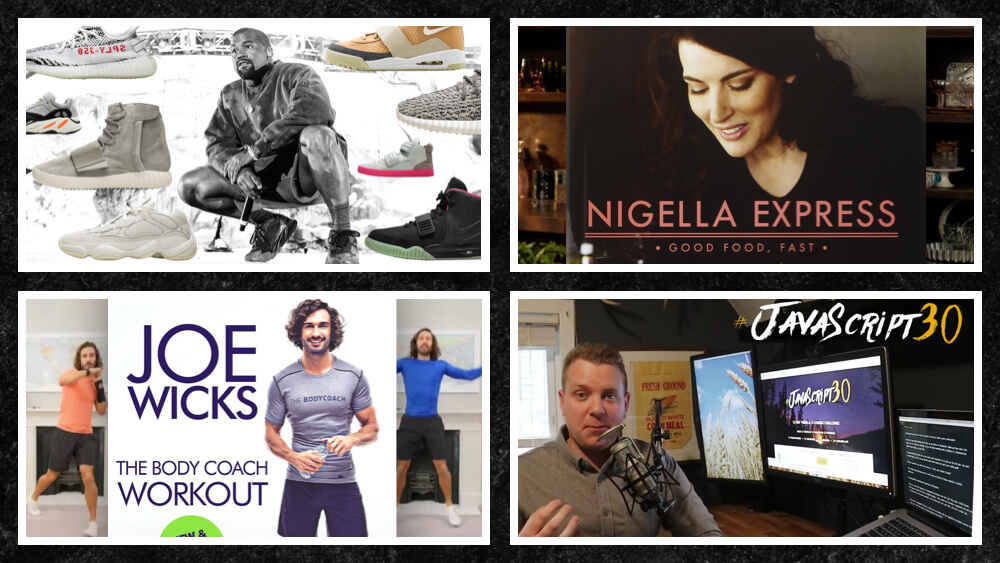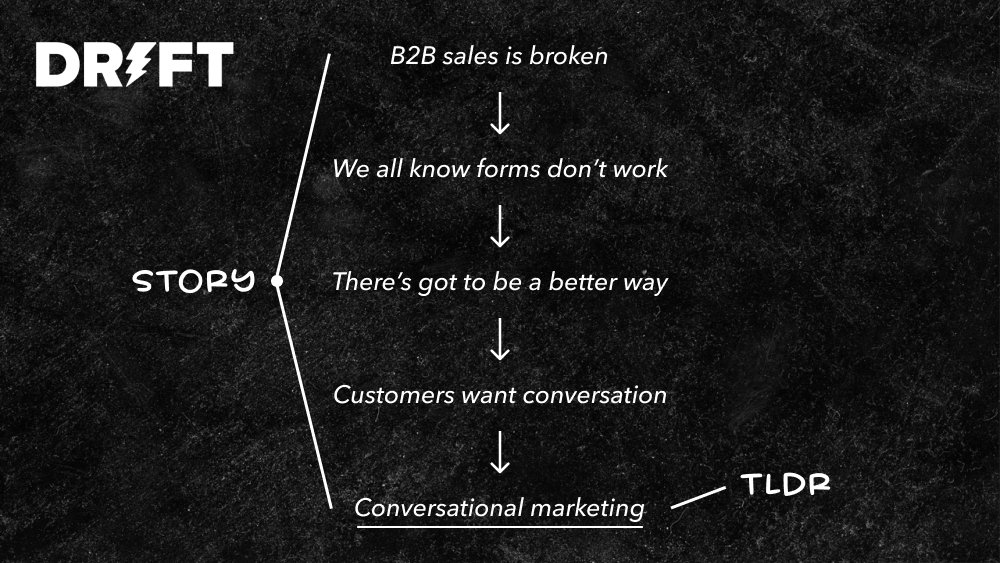1/ Let's start with this line by Ted Morgan.
“Positioning is like finding a seat on a crowded bus”
Most brands sleepwalk onto the bus and sit on top of one another.
The smart brands look left, right, find an empty row, paint their logo on it and sing sweetly like the Sirens.
2/ Positioning is an easy thing to complicate so let's keep it simple.
*Your goal is to own a space in the customer’s mind. You do this by differentiating yourself.*
Differentiation is not a dark art. It's something you can learn. Here’s the different ways to achieve it:
3/ Through contrast
Point at the status quo and pit yourself against it. Contrast burns your brand into the customer's mind.
• Hey pit themselves against mainstream email
• Lemonde pit themselves against insurance stereotypes
• “I'm a Mac” pit themselves against the PC
4/ Through values
Think Patagonia and the environment, Ben and Jerry's and social justice, Black Rifle Coffee and gun rights.
Some will hate it. Others will rally behind you. And that's the point. Fence sitters don't buy.
5/ Through category creation
When Drift launched in 2016 they were just another startup in the mushy bucket of live chat software.
How to stand out?
Well, they reframed live chat as “conversational marketing” and made it their mission to own this new category.
6/ Through personality
Turn yourself into the product and no one can compete with you.
Think Kanye’s shoes, Nigella's cookbook, Wicks’s workout.
7/ Through limitation
Instead of trying to be everything for everyone go all-in on one niche or one feature.
Limitation makes you easy to sum up. Being easy to sum up makes you memorable.
8/ Writing this makes me think back to how I positioned Marketing Examples.
• Contrast - Marketing content was fluffy. My goal was no fluff
• Personality - Well, I write them all
• Limitation - Just examples. No agency, jobs board, etc...
9/ One last thing
Positioning isn't something you make up on a whim.
Behind great positioning is a story. Positioning is the TLDR. The story makes it memorable.
Look at Drift. Conversational marketing isn't plucked out the sky. It's the final bullet point in their story.
10/ “My guide to brand positioning“
https://t.co/Ch4ejt2Lqg
11/ Thanks for reading. Hope you enjoyed it.
If you learnt something you might like my weekly newsletter. More short, sweet and practical case studies :)
Over and out — Harry
https://t.co/7gnJQydfDz











